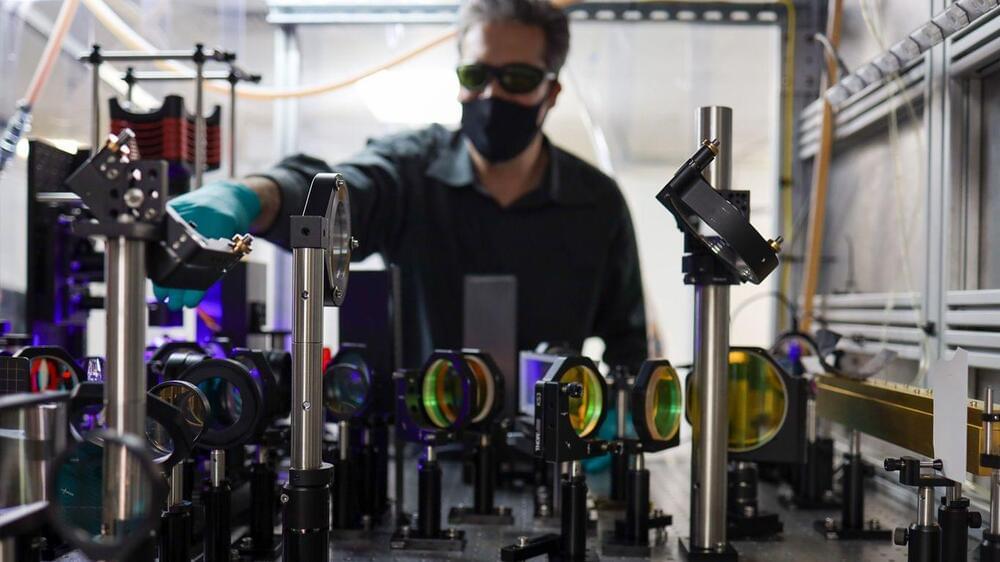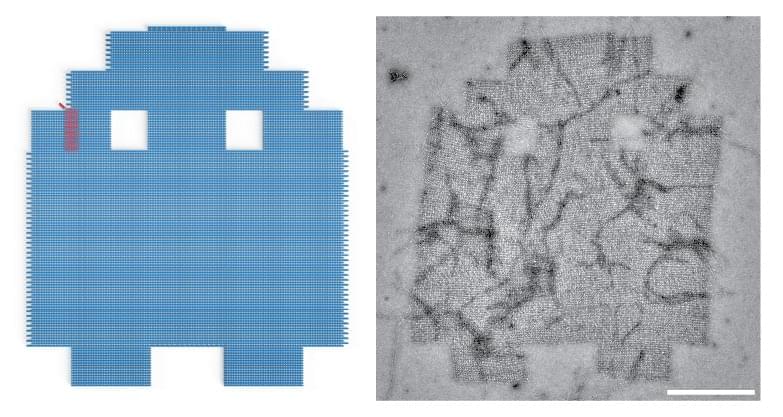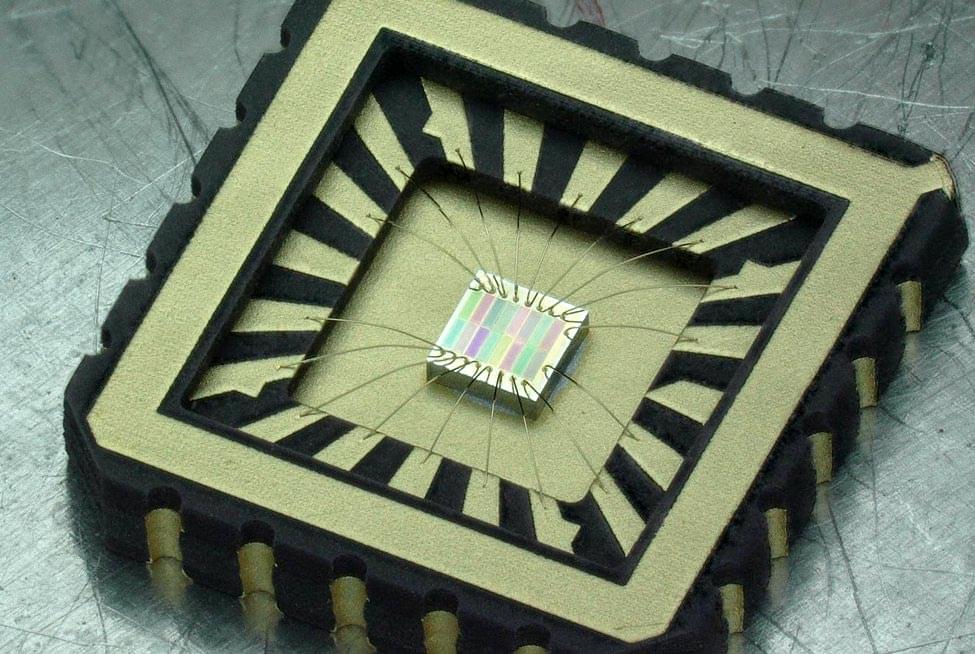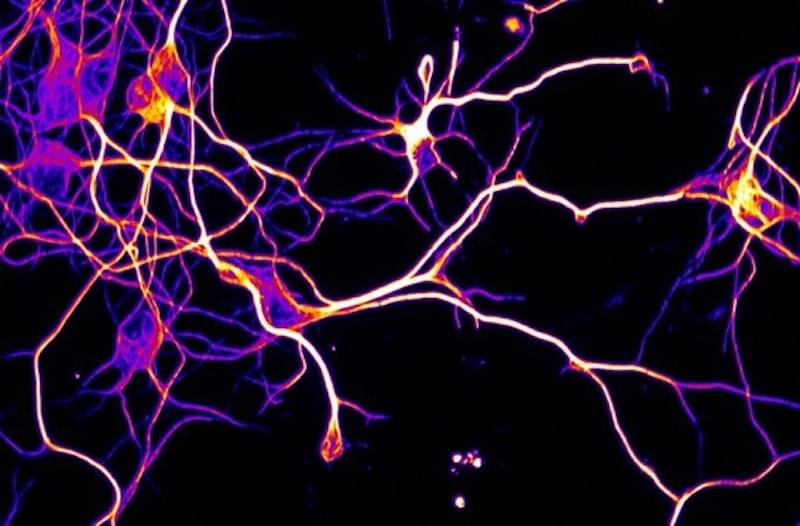Nuclear power accounted for 10% of global electricity generated in 2020. Here’s a look at the largest nuclear power producers.




Throughout most of human history, the goal was to establish a better life for people. Whether proponents of change admit to it or not, they hope to make everything perfect. However, this very impulse to improve security against everything bad and eliminate all physical ills could precipitate just another kind of doom.
To borrow the words of a Jeff Goldblum character, those of us who did the most to uplift humanity may have been “so preoccupied with whether they could, they didn’t stop to think if they should.”
In Carl Sagan’s The Demon-Haunted World, he pointed out that the modern world is complicated. Everything we don’t understand is something to fear (unless you are a specialist in it), and it is a thing that can be ignorantly speculated about in a vacuum, as vaccines are by many on social media.
Rather than give up on humanity’s ability to come to correct judgments, Sagan offers the tools of critical thinking, taking the form of the famous Baloney Detection Kit. The rules are things you can always try to offer someone if they believe nonsensical conspiracy theories.

A new metal 3D printing technology could revolutionize the way large industrial products like planes and cars are made, reducing the cost and carbon footprint of mass manufacturing.
Why it matters: 3D printing — also called additive manufacturing — has been used since the 1980s to make small plastic parts and prototypes. Metal printing is newer, and the challenge has been figuring out how to make things like large car parts faster and cheaper than traditional methods.

Boing Boing.
I don’t entirely understand what this means, but here’s how they explained it in an upcoming scientific paper from the journal of Biology:
Using a library of ~2000 strands [of DNA origami] that can be combinatorially assembled to yield any of ~1e48 distinct DNA origami slats, we realize five-gigadalton structures composed of 1,000 uniquely addressable slats, and periodic structures incorporating 10,000 slats. Thus crisscross growth provides a generalizable route for prototyping and scalable production of devices integrating thousands of unique components that each are sophisticated and molecularly precise.
Okay, so I still don’t totally understand what that means. But I did see this tweet from the lead author on the paper:

Miniaturized near-infrared sensor that could fit in a smartphone can analyze the chemical content of milk and plastics.
A TU/e research group has developed a new near-infrared sensor that is easy to make, comparable in size to sensors in smartphones, and ready for immediate use in industrial process monitoring and agriculture. This breakthrough has just been published in Nature Communications.
The human eye is a marvelous sensor. Using three different types of photoreceptor cone cells that convert visible light into signals for different colors, the eye gives essential information about the world around us.
SpaceX is busy testing its rocket engines in Texas, and a ew test resulted in green flames that re a sign of failure.

𝐍𝐞𝐰 𝐀𝐭𝐥𝐚𝐬:
The Neuro-Network.
𝐂𝐞𝐥𝐥𝐮𝐥𝐚𝐫 𝐬𝐮𝐩𝐩𝐨𝐫𝐭 𝐧𝐞𝐭𝐰𝐨𝐫𝐤 𝐛𝐨𝐨𝐬𝐭𝐬 𝐭𝐡𝐞 𝐫𝐞𝐠𝐞𝐧𝐞𝐫𝐚𝐭𝐢𝐨𝐧 𝐨𝐟 𝐢𝐧𝐣𝐮𝐫𝐞𝐝 𝐧𝐞𝐫𝐯𝐞𝐬
𝘼𝙛𝙩𝙚𝙧 𝙖𝙣 𝙞𝙣𝙟𝙪𝙧𝙮, 𝙣𝙚𝙧𝙫𝙚𝙨 𝙤𝙛𝙩𝙚𝙣 𝙨𝙩𝙧𝙪𝙜𝙜𝙡𝙚 𝙩𝙤 𝙧𝙚𝙜𝙧𝙤𝙬 𝙘𝙤𝙢𝙥𝙡𝙚𝙩𝙚𝙡𝙮, 𝙡𝙚𝙖𝙫𝙞𝙣𝙜 𝙥𝙖𝙩𝙞𝙚𝙣𝙩𝙨 𝙬𝙞𝙩𝙝 𝙧𝙚𝙙𝙪𝙘𝙚𝙙 𝙢𝙤… See more.
After an injury, nerves often struggle to regrow completely, leaving patients with reduced mobility and sensation. In tests on rats, Irish researchers have now demonstrated a way to improve nerve repair using proteins from the supporting network around cells.
Peripheral nerves have some capacity for regeneration after an injury, but they often need help. For major damage, sections can be surgically replaced with nerves taken from other parts of the patient’s body, but that obviously creates injuries elsewhere. Implants called nerve guidance conduits (NGCs) are often used, which, as the name suggests, help direct nerves to regenerate along specific paths.

MIT team develops steerable soft thread-like robot capable of navigating tiny blood vessels
Snake robots are among the most familiar type of mechanical device for working in confined spaces. Flexible, tubular robots have been used for applications such as working in the interior of nuclear reactors, water distribution systems and inside the human body to aid surgery. The MIT team, mechanical engineers affiliated to the institution’s Institute for Soldier Nanotechnologies, have downsized the snake paradigm to the scale of a thread half a millimetre in diameter, which can be remotely controlled by magnetic fields to worm its way through the convoluted blood vessels of the brain to deliver clot-busting drugs or devices to break up and remove the blockage. Such robots have the potential to quickly treat a stroke and prevent damage to the brain, the team claims.
| Hackaday
Quantum computers aren’t quite ready for the home lab, but since there are ways to connect to some over the Internet, you can experiment with them more easily than you might think. [Norbert] decided to interface a giant quantum computer to an ordinary Arduino. Why? Well, that isn’t necessarily clear, but then again, why not? He explains basic quantum computing and shows his setup in the video below.
Using the IBM quantum computer and the open source Qiskit makes it relatively easy, with the Python code he’s using on the PC acting as a link between the Arduino and the IBM computer. Of course, you can also use simulation instead of using the real hardware, and for such a simple project it probably doesn’t matter.
Granted, the demo is pretty trivial, lighting an LED with the state of qubit. But the technique might be useful if you wanted to, say, gather information from the real world into a quantum computer. You have to start somewhere.